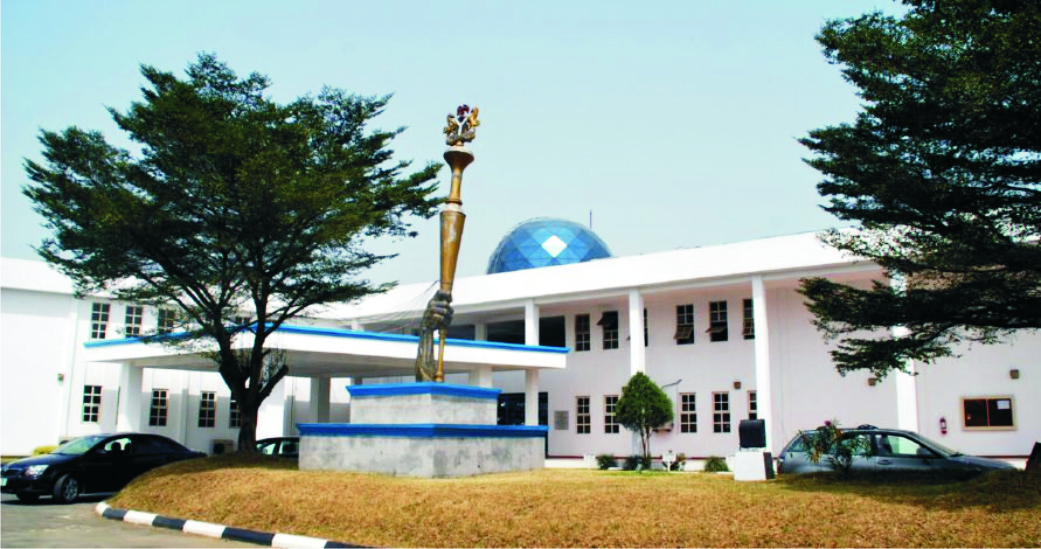Niger Delta
Floods: RSHA Moves To Ascertain LGAs’ Preparedness

The Rivers State House of Assembly ad hoc committee on Environment says it would visit the 23 Local government areas of the State to ascertain the level of preparedness of council authorities to handling the flood situation in their areas.
This is coming days after the same committee berated local government authorities over their poor response to the prediction of the Nigeria Metrological Agency (NIMET) on flooding; just as it lamented that the precautionary measure put in place by some council authorities in anticipation of flood emergencies were poor.
Chairman of the Committee, Hon. Dumle Mao, stated this after the committee met with the chairmen of Gokana, Emuoha and Ogu/Bolo to conclude the debriefing of council bosses by the committee.
Mao, who represents Gokana Constituency in the State legislature, said the planned visit was to verify claims by some council chairmen that modalities have been put in place to tackling the flooding.
Recall that floods have ravaged several communities in some local government areas of the State.
Speaking after one of the meetings, Chairman of Gokana LGA, Paul Kobani, said he had set up a committee to identify flood prone areas in his local government, and also put in place measures to cater for the would-be victims.
“We asked the committee to identify the flood prone areas and the high ground places where we can settle the IDPs. Sooner or later we will go to the relief materials”, he said.
On his part, Chairman of Obio/Akpo LGA, Solomon Eke, said he was working with the Ministry of Urban Development and Physical Planning to remove structures built on natural waterways in his local government.
“We will do more to bring the attention of the urban development people so that those people who have built illegally, would be made to remove such building so that the water channel can be open”.
“Because some of our communities that make up the LGA are from areas that you can classify as having fresh water, the floods affect them. Such communities include Soku and in the headquarter. We also identify three properties where we can use as Internally Displaced Persons Camps (IDPs) and everything to make it habitable has been provided. So there should be no panic,” Sekibo stated.
Dennis Naku
Niger Delta
Oborevwori Launches Medical Outreach For Children With Special Needs

Niger Delta
UniCal Commits To Nursing Education Dev In C’River

Niger Delta
Agency Demolishes Illegal Roadside Structures In Delta N8 by … Clears Street Traders

-

 Sports4 days ago
Sports4 days ago2026 WC: Nigeria, DR Congo Awaits FIFA Verdict Today
-
Politics4 days ago
ADC, PDP, LP Missing As INEC Set For By- Elections In Rivers
-

 Environment4 days ago
Environment4 days agoOxfam, partners celebrate 5 years of climate governance programmes in Nigeria
-
Politics4 days ago
FG’s Economic Policies Not Working – APC Chieftain
-

 Politics4 days ago
Politics4 days ago2027: Diri Unveils RHA LG Coordinators, APC Congress Panel
-

 Politics4 days ago
Politics4 days agoReps To Meet,’Morrow Over INEC’s 2027 Election Timetable
-

 Politics4 days ago
Politics4 days agoGroup Continues Push For Real Time Election Results Transmission
-
Sports3 days ago
Sunderland Overcome Oxford Challenge

